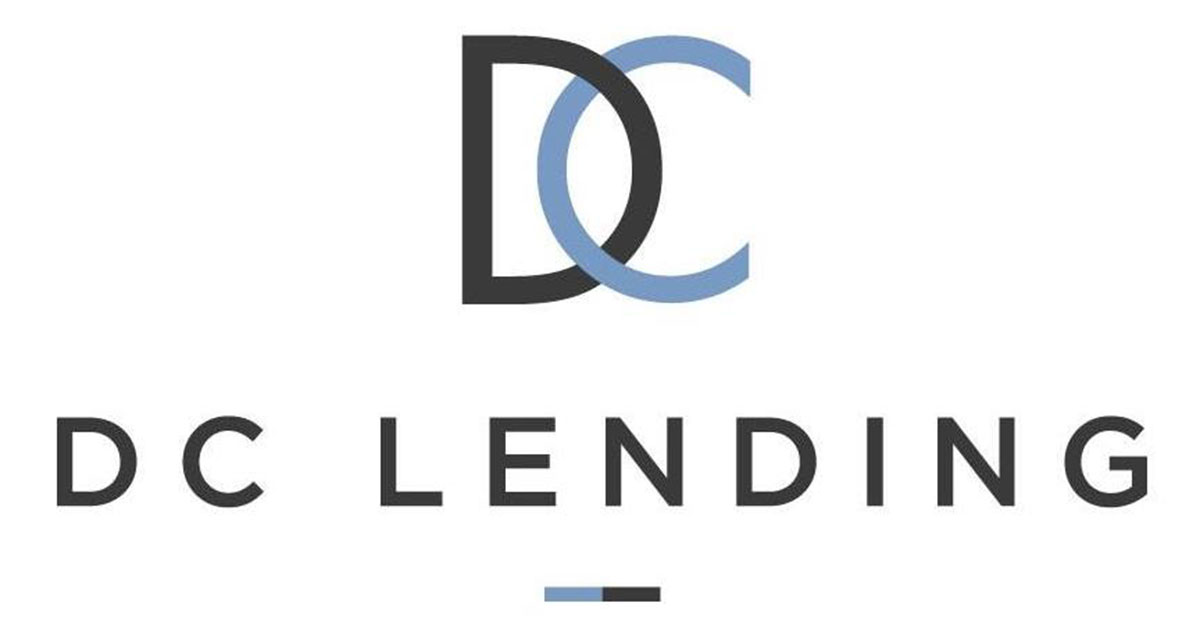
What are closing costs?
Closing costs—sometimes called settlement fees—are fees associated with your home purchase that are paid at the closing of a real estate transaction. Closing costs are separate from your down payment. Your down payment reduces the amount you are borrowing, whereas closing costs are fees associated with obtaining a home loan. Lenders charge both buyers and sellers, but buyers usually bear the brunt of the of the closing costs.
The costs will vary depending on state, county, and municipal laws, but you can typically expect to pay the following fees when you close on your home:
Government recording costs
Appraisal fees
Credit report fees
Lender origination fees
Title services (insurance, search fees)
Tax service fees
Underwriting fees
How much does it cost to close?
Unless your seller is paying closing costs or your lender is offering you lender credit options, you need to be prepared to pay between 2% and 3% of your purchase price in closing costs. So if you agreed to pay $300,000 for your home, you should set aside $6,000 to $9,000 to cover the closing costs. If you think about it, with a low down payment program, your closing costs could equal the amount that you saved for your down payment. Yikes!
How to find out what is included in your closing costs
Your lender should provide you with a fee worksheet that shows a breakdown of estimated closing costs at your pre-approval appointment. It is important for buyers to know not only the estimated interest rate offered but also the amount of closing fees they will have to pay in addition to their down payment.
At Mortgage Companies, like DC Lending, there are options for a range of interest rates that come with varying lender credits. These lender credits can reduce or eliminate closing costs.
It is a misconception that an interest rate with a lender credit is always a higher rate than with another lender. Mortgage pricing can differ significantly from lender to lender. That’s why it’s important to shop around for your home loan to be sure you are getting the best terms for you. Your Loan Officer can discuss your financial goals, the length of time you will likely stay in the loan, and your available funds and can make recommendations for rate options and lender credits.
After you have found a home and have a purchase contract, your lender must provide you with a Loan Estimate detailing all loan terms including the closing costs you will be responsible for paying within 3 days of their receipt of your purchase contract. Read this disclosure carefully and go over any questions you have with your Loan Officer. In addition, a Closing Disclosure must be provided three days before the settlement or closing. Read this document carefully as well and review it with your Loan Officer.
How to get closing costs reduced or eliminated
Utilize lender credit with your lender. Lender credits can be helpful if you’re short on cash or if you are not planning to stay in the home for the full 30 years. For short-term homeowners, lower rates are not always better. If lower rates mean you have to pay an amount of closing costs that you won’t be able to recover in the form of a lower payment before you move, then it may not be the best option.
Ask the seller to pay for some of the closing costs. Depending on the market and the home, a seller might contribute money toward your closing costs. This is something your Real Estate Agent can negotiate on your behalf.
Shop around! Mortgage pricing can vary significantly from lender to lender. Most buyers go with their bank, but a bank does not always offer better pricing. Consider getting a second opinion price quote from a locally owned mortgage company.
Ask your lender about lender credit. It’s a little-known fact that some lenders—like us—use lender credits to reduce or eliminate your closing costs. Ask us about how we can pass our lender credits onto you for huge savings.
Bottom line
Understand closing costs early, get 2nd and 3rd quotes, and ask a lot of questions to determine how much you’ll be responsible for at closing. Finally, be prepared to pay the fees, and work with your lender to try to reduce the amount.
